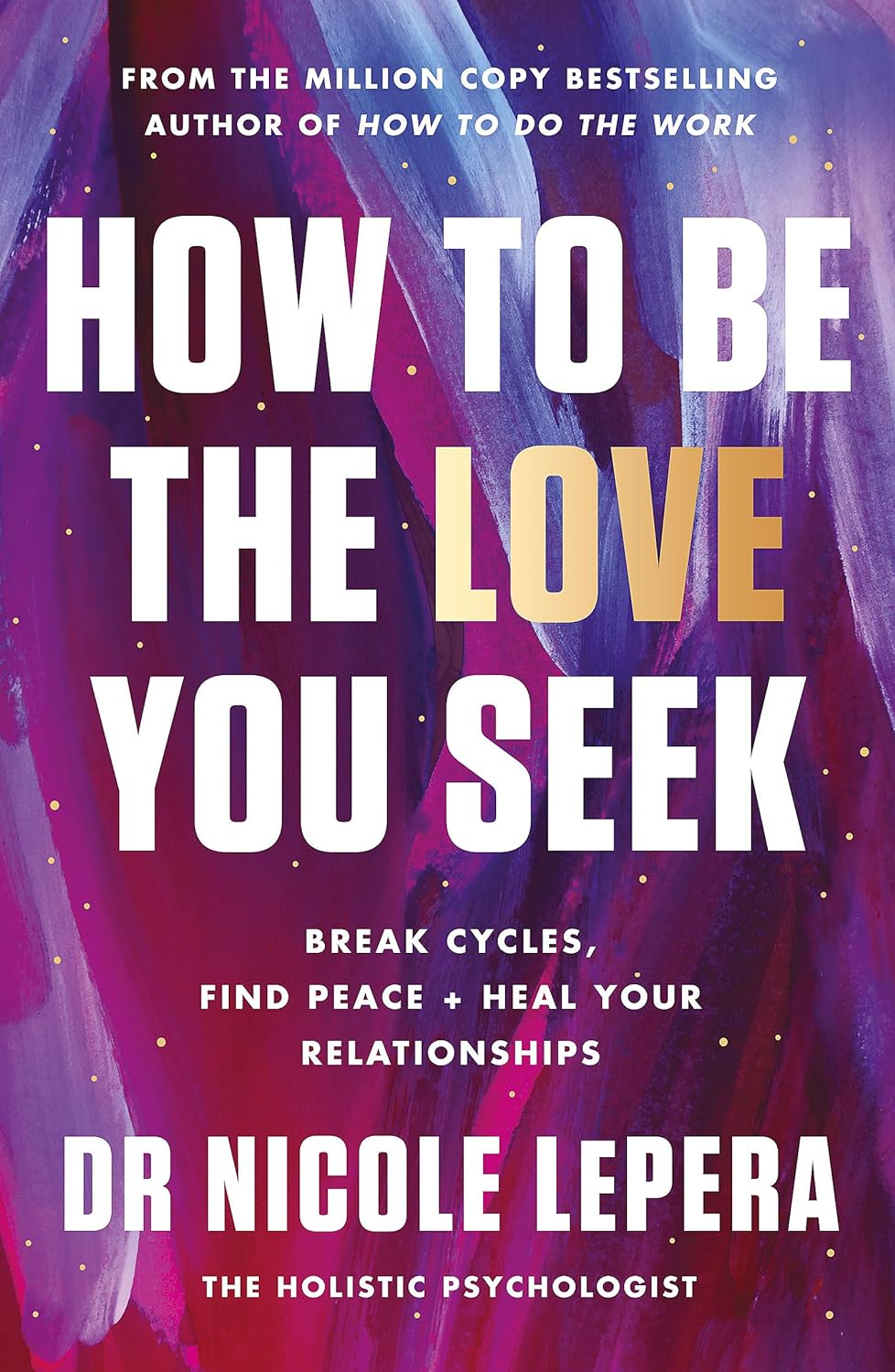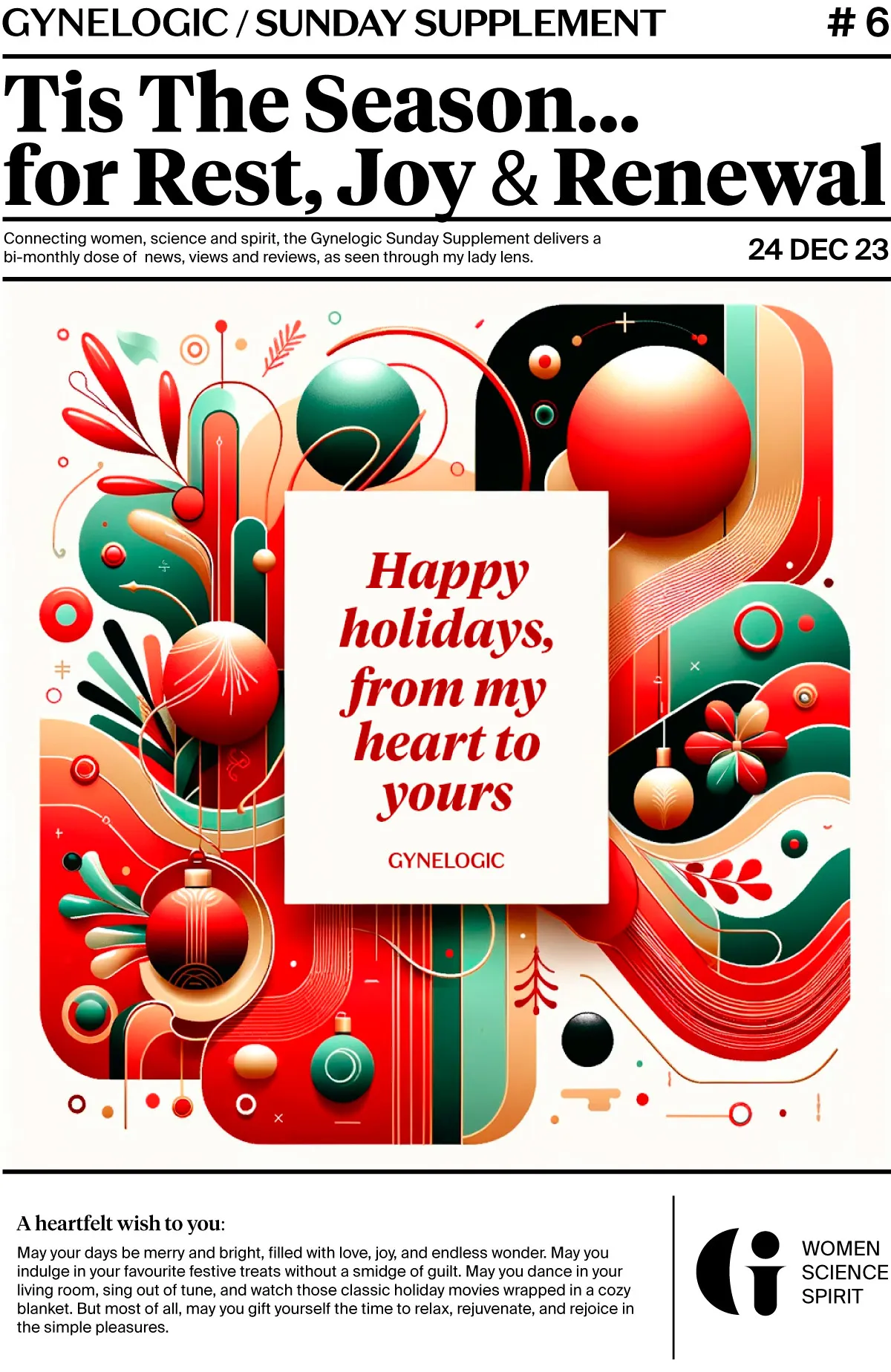In How to Be the Love You Seek, Dr Nicole LePera harnesses the latest scientific research to teach us how to recognise our dysfunctional patterns, identify their roots in our earliest relationships, break painful cycles, build security and share compassion with ourselves and others. In reconnecting with ourselves, we can form new connections and relationships with others, that serve our needs.
In one of my favourite passages she says:
“Just as we all have physical and emotional needs, our soul has spiritual needs. Our spiritual needs include:
- Embracing our unique identity and significance in the world. We are able to celebrate what we’re good at without feeling bad about the things that don’t come naturally.
- Feeling truly connected. We are able to be vulnerable with others so that they can sense our unique authentic Self as much as we can sense theirs. Choosing what’s in our own best interest without pressure, force, or coercion. We are able to respectfully honor our own needs and desires while giving others the space to do the same.
- Learning, seeing, and experiencing new things. We are able to cultivate unique curiosities and inherent interests and desires to help expand ourselves and those around us.
- Fully expressing ourselves and trusting in the security of our connections and relationships. We are able to feel joined or connected with others, and, ultimately, all of creation.”
She goes on to say:
“When I started to reconnect with my body and its physical needs, I could see that I was walking around undernourished, overstressed, and continually depleted and exhausted. Over time, I could see how I regularly viewed my daily physical care as just another task or obligation that was between me and my body’s need to “relax,” when, ironically, caring for my body was the one thing I needed to start doing so that I could finally relax. In the absence of external motivation or validation, like someone else pushing me or visible changes to my physical appearance, I simply didn’t feel motivated to take care of myself. The physical dysregulation that continued as a result of my habitual daily self-neglect wasn’t just harming myself, it was also hurting how I showed up in my relationships, which were in a state reflective of my physical distress. One wrong look or word or my misperception of either and I’d be on edge, worrying that the other person didn’t love me or was upset with me.”
I had some real AHA! moments reading this book, I highly recommend it.


























